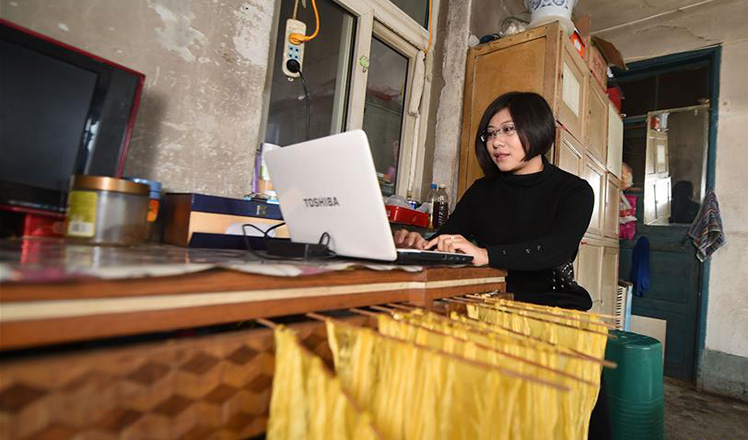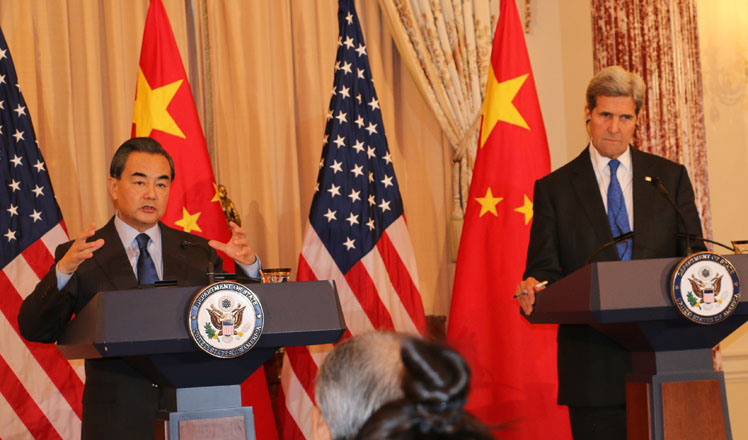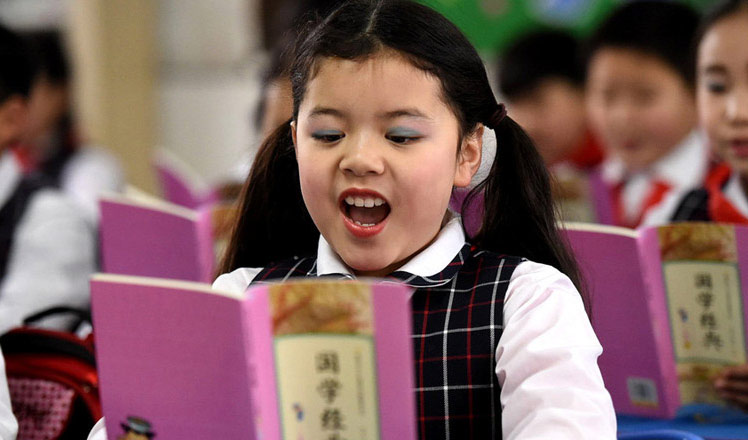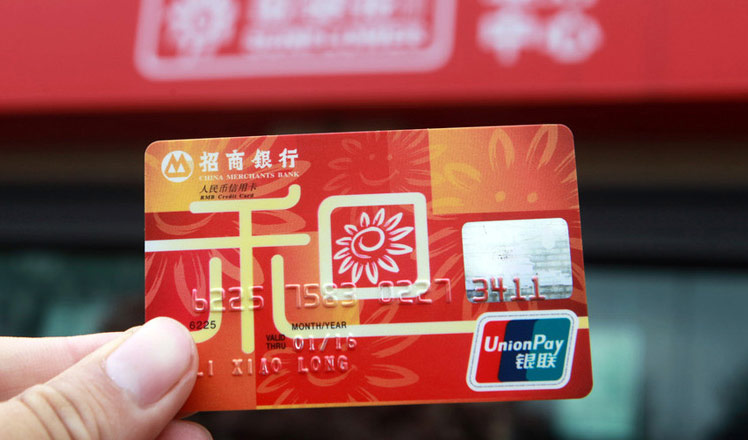Top diplomats' concerted notes serve region well
Updated: 2016-02-25 07:12
(China Daily)
|
||||||||
 |
|
US Secretary of State John Kerry (R) and Chinese Foreign Minister Wang Yi shake hands at a joint news conference after their meeting at the State Department in Washington, February 23, 2016. [Photo/Agencies] |
Less than four weeks ago, United States Secretary of State John Kerry visited China. Now Chinese Foreign Minister Wang Yi is in the United States.
Their talks have by and large centered on the same topics-the Democratic People's Republic of Korea and the South China Sea.
If the short interval between the two meetings indicates the pressing nature of the issues at hand, the ray of hope that has emerged from the talks in Washington is proof that there is always a way out of an impasse if both parties are willing to search for one.
Perhaps even better. When the two countries' top diplomats last met, Beijing only agreed in principle to the United Nations Security Council taking "further measures" against Pyongyang's nuclear program. Now both are optimistic an agreement on the draft of a new UN resolution can be reached soon.
It is a shame that seven weeks after Pyongyang's fourth nuclear test and three weeks after its most recent rocket launch, in defiance of what was in effect a UN ban, international endeavors to denuclearize the Korean Peninsula bogged down because of related parties' inability to agree on how to respond.
Given the urgency to stop Pyongyang's nuclear adventure, we hope that their "near future" will not just be diplomatic rhetoric-the state of affairs on the Korean Peninsula brooks no more foot-dragging.
Beijing and Washington have spent too much time wrangling over the proper approach to persuade Pyongyang to abandon its nuclear weapons ambitions. So much so that they have actually distracted themselves from their professed shared goal.
Beijing will have been pleased to hear from Kerry that Washington wants "a negotiated outcome", and that its missile defense system would not be needed in the Republic of Korea "if we can get to denuclearization".
So with the key points of contention taken care of, there appears to be very high probability the two countries will be able to agree on a substantive new UN resolution.
Since denuclearization is the consensus and a negotiated outcome is in the best interests of all, they should strive to make sure the next UN resolution is able to rein in Pyongyang's nuclear program and sophisticated enough to prevent any hazardous fallout.
That, again, entails close coordination and cooperation between Beijing and Washington.
- Obama makes last attempt to persuade Congress to close Guantanamo
- Over 110,000 refugees, migrants reach EU by sea
- DPRK warns to use weapons against US-ROK forces
- Trump's third straight win has rivals looking for answers
- Suicide bomber behind Ankara attack identified
- Cuba to deploy 9,000 troops to prevent Zika virus

 Future stars battle intense competition for stardom
Future stars battle intense competition for stardom
 Cuties around the world celebrate Chinese New Year
Cuties around the world celebrate Chinese New Year
 Young woman's businesses thrive in rural Jilin
Young woman's businesses thrive in rural Jilin
 Seven-year-old village kid cares for her grandparents
Seven-year-old village kid cares for her grandparents
 Matters of state
Matters of state
 Students begin new term with lucky bags and red envelopes
Students begin new term with lucky bags and red envelopes
 The life of a postpartum care worker
The life of a postpartum care worker
 Top 10 most Internet-savvy banks in China
Top 10 most Internet-savvy banks in China
Most Viewed
Editor's Picks

|

|

|

|

|

|
Today's Top News
What ends Jeb Bush's White House hopes
Investigation for Nicolas's campaign
Will US-ASEAN meeting be good for region?
Accentuate the positive in Sino-US relations
Dangerous games on peninsula will have no winner
National Art Museum showing 400 puppets in new exhibition
Finest Chinese porcelains expected to fetch over $28 million
Monkey portraits by Chinese ink painting masters
US Weekly

|

|







